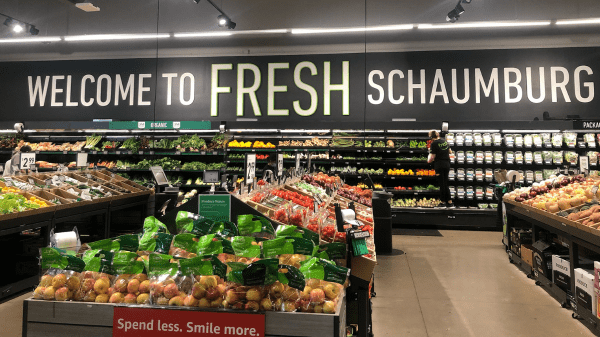I’ve been a member of the Authors Guild since 1999. Recently over lunch I was reading an article by Umair Kazi in the spring 2023 Authors Guild Bulletin. It talks about a merger between major publishing companies—Penguin Random House and Simon & Schuster—that was disallowed by the Justice Department, leading to a legal case (US vs. Bertelsmann) that ruled against the merger in November 2022.
The merger was disallowed because it would reduce competition in the marketplace, hurting authors.

Kazi’s Authors Guild article pointed out that this ruling shifted a change in federal antitrust policy. The “consumer welfare standard” (introduced in the 1970s by Judge Robert Bork, best known as a rejected Reagan Supreme Court appointee) based antitrust rulings on whether mergers would increase consumer prices or result in other such harm.
“Unsurprisingly,” Kazi writes, “it was this lax approach to competition regulation that allowed companies like Amazon to deploy ‘lost-cost’ tactics to undersell competitors and take over the publishing company.”
Previous antitrust policy had been based on enhancing competition and market fairness.
Amazon is a monopsony: the mirror image of monopoly. The latter is overwhelming dominance of a market by one seller. Monopsony is overwhelming dominance of a market by one seller. Which is certainly true of Amazon in the book industry.
“Amazon’s dominance over book retail, marketing, and distribution,” Kazi writes, “as well as its share of e-book and audiobook sales, allows it to extract huge discounts from publishers, charge marketing fees, and impose other conditions that squeeze profits from publishers”—the last being the motive for the failed merger of the publishing companies.
The Bertelsmann ruling suggests that the Biden administration is going back to the older, more progressive policy, as the president had promised during his campaign. The ruling also indicates that the Justice Department might not be so agreeable to the much-watched proposed merger of Kroger and Albertsons, as I’ve previously noted in this column.
A recent “open letter” to Amazon from Mark Shmulik at Bernstein investment analysts contends that the online gargantua “needs to make a [judgment] call on physical grocery.” Instead of continuing to “tinker with” its Fresh and Go stores, Shmulik proposes that Amazon “purchase a proven concept such as potential divested KR/ACI stores”—that is, Kroger and Albertsons.
That’s great. To enhance competition, Amazon—the grossest example of a monopsony in today’s United States—should buy Kroger and Albertsons stores, which would have to be divested on antitrust grounds.
Antitrust considerations aside, Shmulik’s suggestion is incomprehensible. Amazon has done a lousy job with Fresh and Go and has been making Whole Foods, which it acquired in 2017, worse by the day. Given Amazon’s proven record in making a mess of a chain that was working perfectly well, it is likely to make a similar mess of former Kroger and Albertsons stores.
On top of it all, a lot of people out there are hoping that the Justice Department will finally turn its antitrust artillery against Amazon.
By the way, I’m an author. My thirteenth book, Seven Games of Life and How to Play, has just been published by G&D Media. It’s a work of pop philosophy. I hope you will buy, read, and enjoy it (Kindle and audio versions also available).



